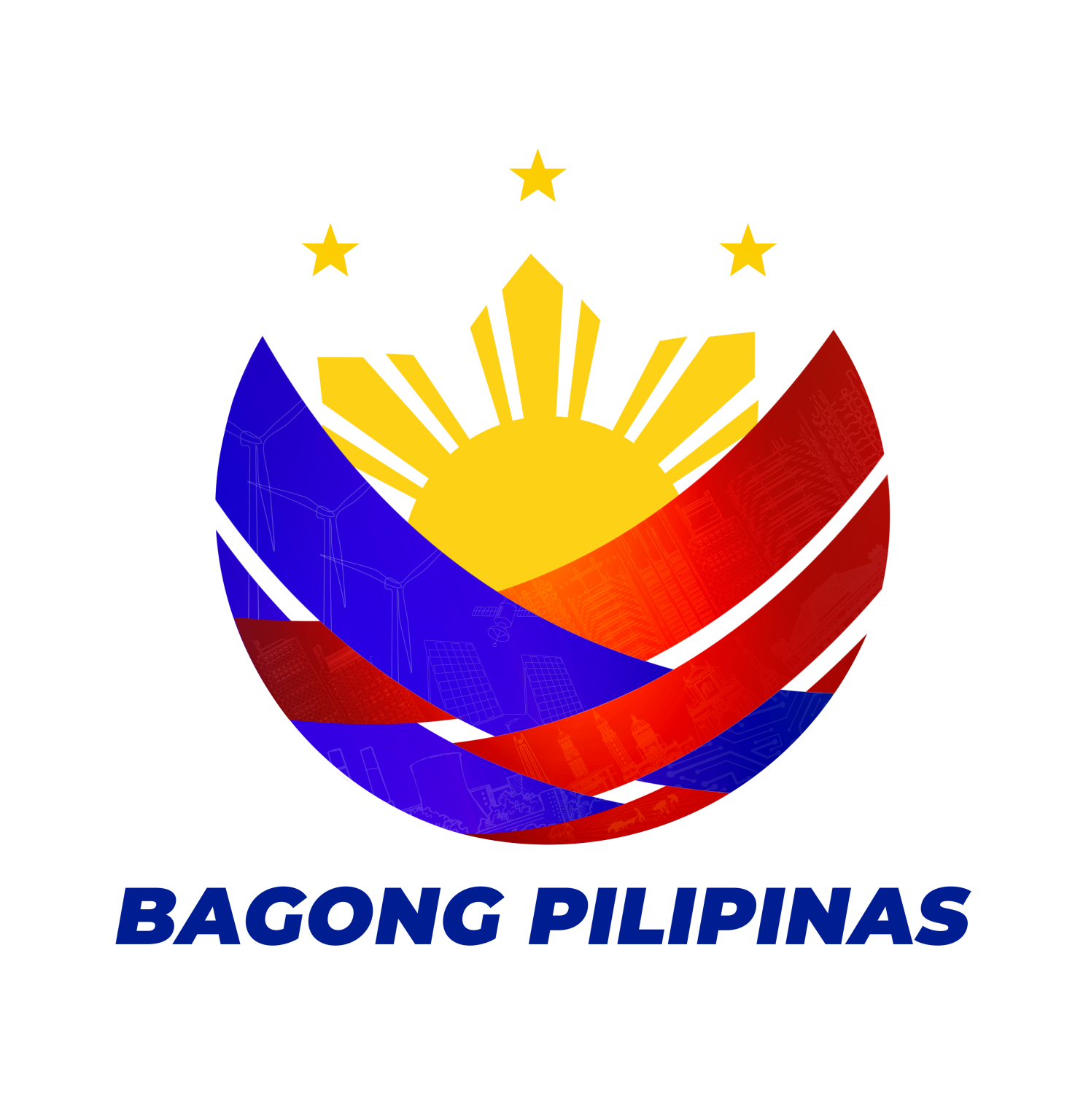One becomes a member of the Pantawid Pamilyang Pilipino Program (4Ps) if the family was assessed and found to be poor by the National Household Targeting System (NHTS) of the DSWD. Once identified as poor, the NHTS or popularly known as the Listahanan submits a list of potential beneficiaries to the 4Ps management based on the qualifications to the program. But how does the DSWD identify who stays and who exits from the conditional cash transfer program? This is the story of Albani Family from Zamboanga City who was identified as non-poor yet was able to stay as beneficiary of the 4Ps.
9 years ago, Albani Family underwent a household assessment administered by Listahanan and was identified as a poor household with children in school. Subsequently, this means that they are eligible to be registered to the 4Ps program and receive cash grants for education and health.
They were registered to the program in 2012 which brought so much joy and alleviation to the family. Little did they know, there is something more meaningful than receiving cash grants.
As a beneficiary, Evelyn, the grantee, is an active member with potential to lead other beneficiaries in activities. Undoubtedly, she became a Parent Leader in Barangay Tugbungan. She performed this role so well that other families trusted her in all 4Ps-related activities.
This new role in the community gave a sense of fulfillment for Evelyn as she is now seen as an empowered individual. Moreover, she gets to develop her leadership skills through the lessons she learns from the monthly Family Development Session (FDS).
More than the grants, Evelyn is grateful for the FDS because as expressed, the learning she acquires from the activity is something that will stay with her and can be passed onto many families for improvement of their lives and the entire community.
In 2016, when grantee gave birth to her second child, she was incredibly fortunate to receive zero billing. They did not have to pay a single peso during their stay at the hospital, which was a huge relief for the whole family as all families under the program are automatic members of the Philhealth. The zero-billing policy has made healthcare more accessible for poor families especially for 4Ps beneficiaries.
relief for the whole family as all families under the program are automatic members of the Philhealth. The zero-billing policy has made healthcare more accessible for poor families especially for 4Ps beneficiaries.
“I encourage all mothers to take advantage of government health facilities for their prenatal care and delivery. Zero billing is a reality, and it can make a big difference in your life and the life of your child,” Evelyn shared.
However, in 2021, Albani family was tagged as ‘non-poor’ by the Listahanan. This meant that they will be removed from the 4Ps database as the program requires all its members to be identified poor households. At first, the family felt sad for they believe they still needed support from the government in raising their family. But it did not dishearten her as she has learned so many things already from being a beneficiary.
Vis-a-vis the results of Listahanan, the 4Ps program also maintains a report of household well-being to see if progress is felt in a family. Majority, if not all the households, upon registration in the program are in Level 1 or the Survival Level. This is determined by the Social Welfare and Development Indicator (SWDI) assessment. Through this assessment, the level of well-being of families are known which serves as basis for social welfare intervention.
In the SWDI result, it was found out that the Albani family is still in Level 2 or the Subsistence level which means that they are not yet ready to exit the program. A family is only recommended for exit once they reach Level 3 or self-sufficiency level. In effect, Albani family was restored in the program and Evelyn continued her role as a Parent Leader.
At present Grantee Evelyn actively participates in all barangay activities and brings along with her 29 other 4Ps beneficiaries. She is the president of their SLP-ASSOCIATION that empowers mothers thru livelihood assistance.
“Albani family is a testament to the transformative power of gratitude and a ripple effect of generosity. They prove that those who have received help can become givers, creating a cycle of support within their community,” 4Ps City Link Judy Grace H. Sagoso said.




You must be logged in to post a comment.